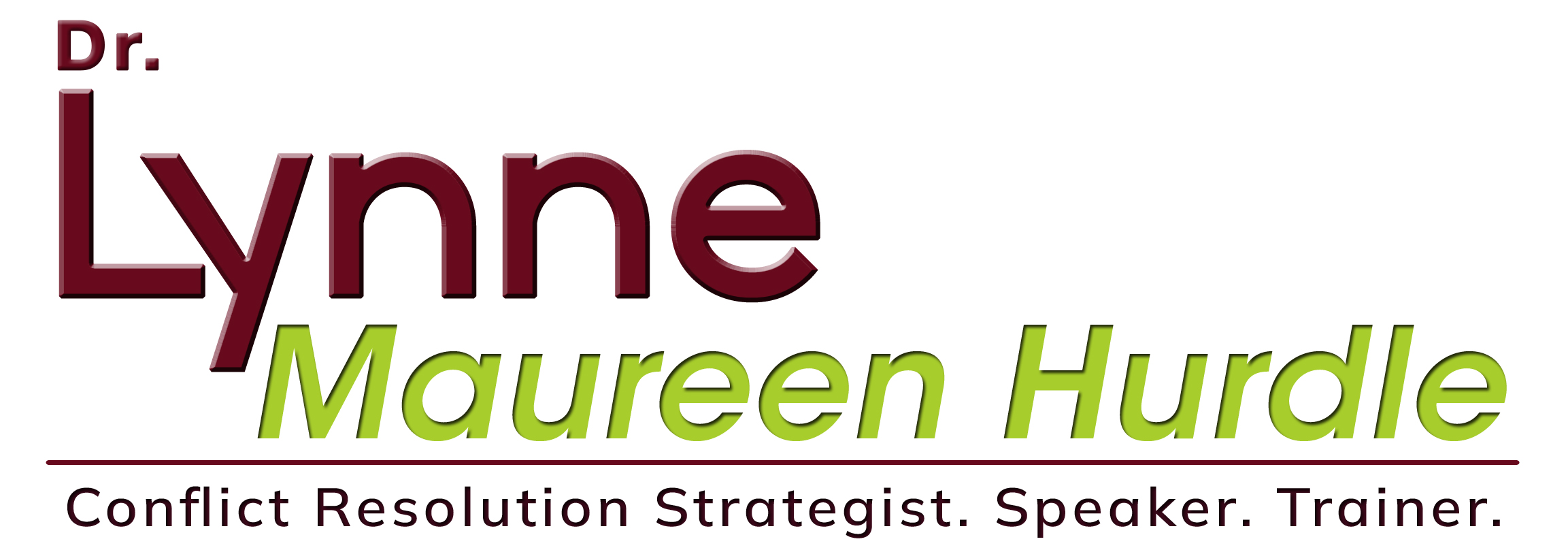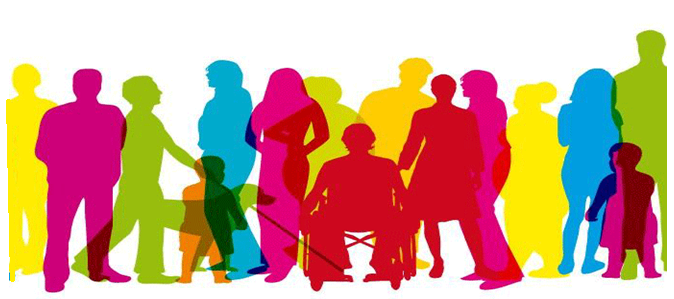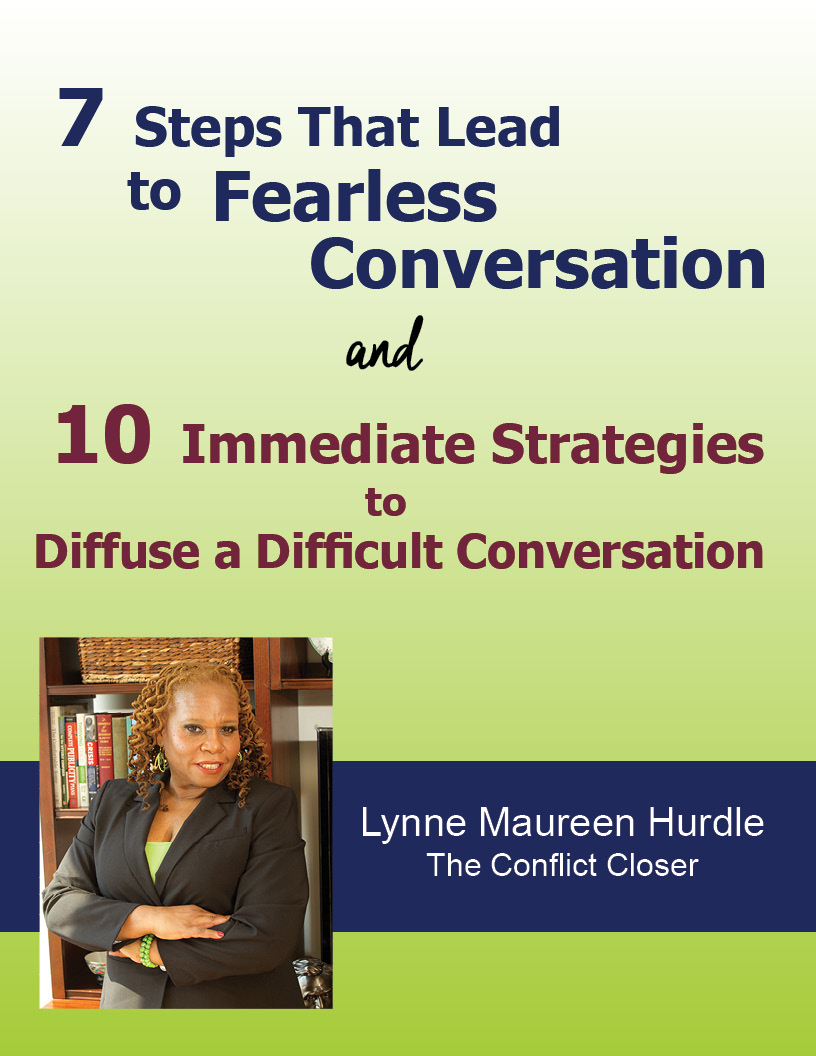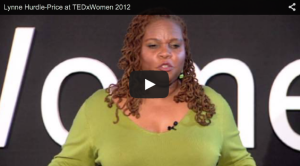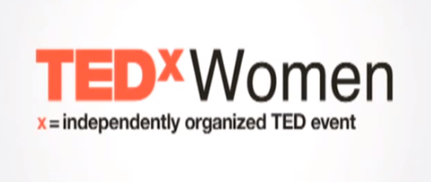In the past few months, I have been doing some research around learning disabilities. More and more children are being diagnosed with autism, and schools are having to learn about it and make the right accommodations for serving children with autism. There is a list of learning disabilities that educators are familiar with; ADHD and Dyslexia are better known and NLD (Non-verbal Learning Disorder) is the lesser known one.
While it is true that our children will grow up and go off to work in a world that needs to be familiar and prepared to help them navigate the world of work, the need is actually more pressing than that. In my research, I found out that the percentage of undiagnosed and unreported cases in adults is very high. Many adults have been left to think that they are inadequate because they have struggled in school, social situations, and work environments.
Leaders today who want to be prepared to create diverse and inclusive work spaces and experiences need to be prepared to talk about learning differences with their staff and teams.
Herein lies the problem: There is so much stigma still attached, even the word disabilities brings up images, thoughts, and bias in the minds of adults as well as children. That is why leadership around this issue is crucial to getting ready for conflict at work that today’s leaders must engage in. But are leaders ready?
In order to be effective in leading adults with learning differences, there needs to be an examination of our own prejudices regarding it. How much work have we done on ourselves in this area? I still hear jokes and observe knowing looks when an adult team member is not so quick to understand instructions, or looks perplexed about feedback given or work assigned. It is still considered a badge of honor to be the “best and the brightest” along with the quickest to deliver the goods. How much experience do we ourselves have with not only working with adults with learning differences, but also engaging in friendships with them? This is the first line of questioning for leaders who know the importance of widening the lens of inclusivity.
While there are differences among us, when it comes to business, there is a place of similarity when it comes to patience. Most of us have little to none— especially in the areas where our prejudices lie. We have all been affected by the idea that we should start and end with “perfection” in the sense that learning, working, comprehending, and responding at a certain pace is normal and anything less than that is deficient.
Leaders, we need to do a checkin with ourselves.
How do we respond to someone on our team who doesn’t seem to “get it?”
How would we handle the conflict of an applicant who discloses a learning difference that requires them to work at a different pace than most people?
What action do we take when looking at someone we supervise who doesn’t quite “measure up” to the rest of the team and their work?
As businesses struggle with the important work of diversity and inclusivity, leaders will need to go above and beyond the conversations that often take place. We need to use the skills of patience, deeper listening, skilled questioning, objectivity, and honest reflection as we widen the lens to see the opportunities that people with learning differences offer to the business world.
